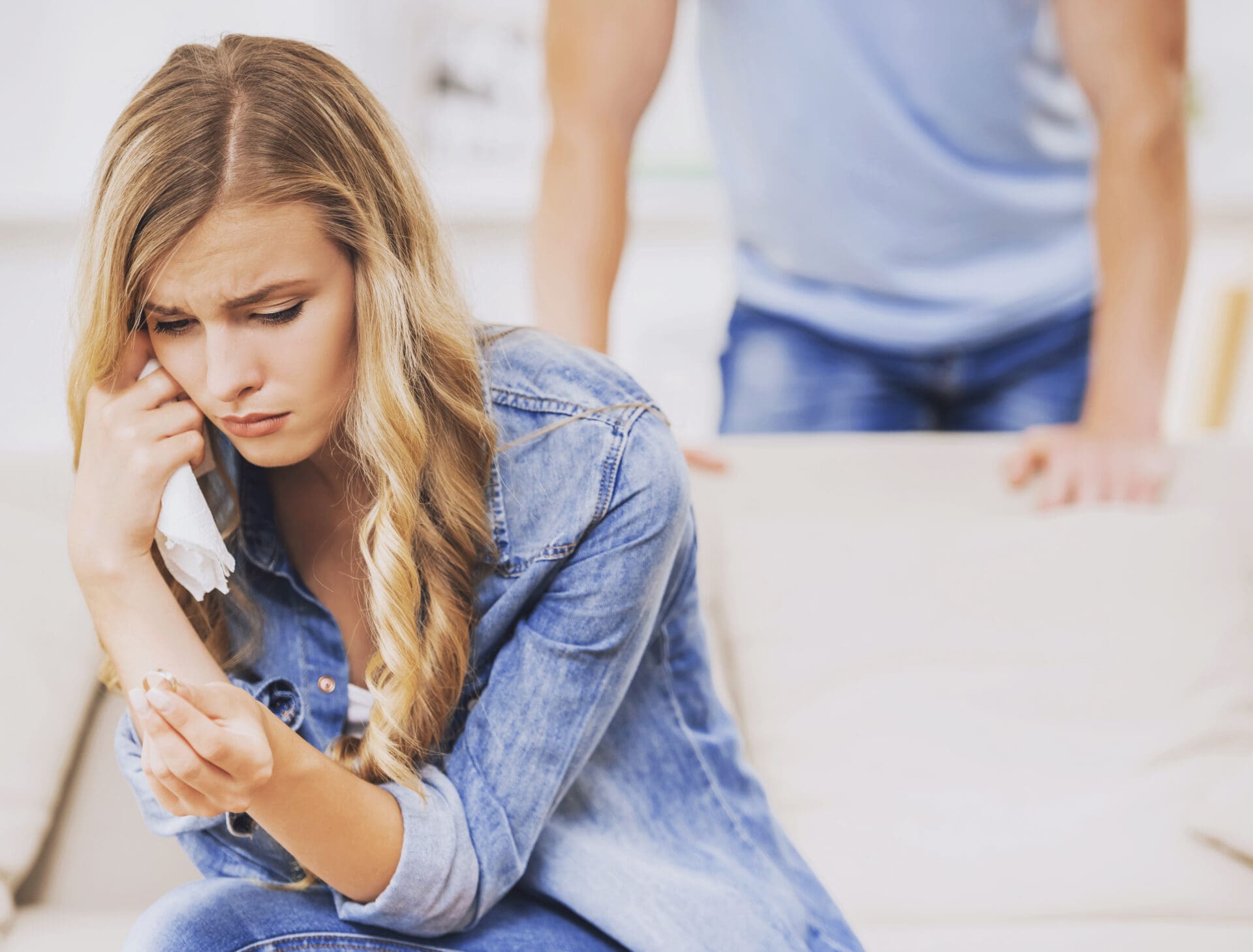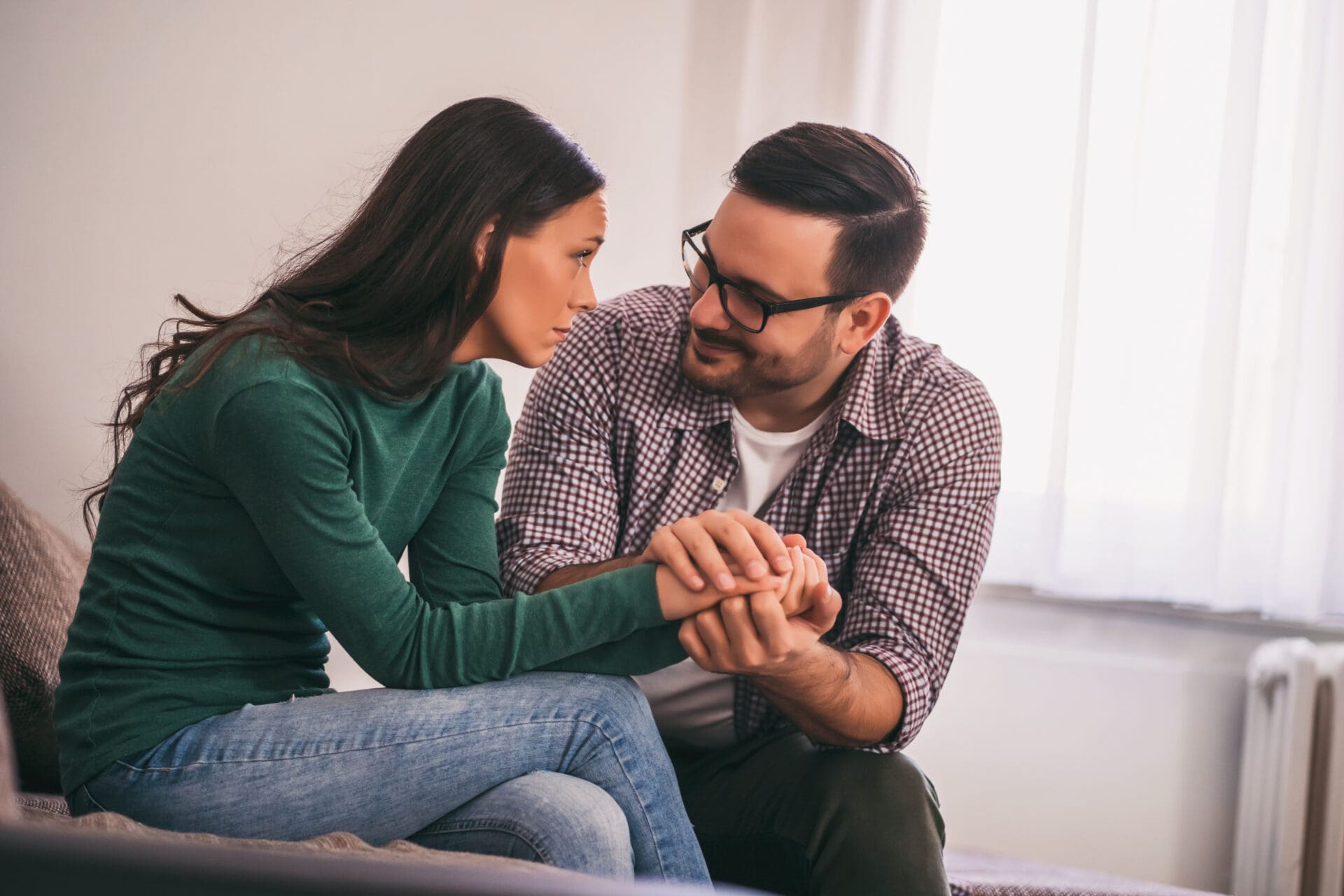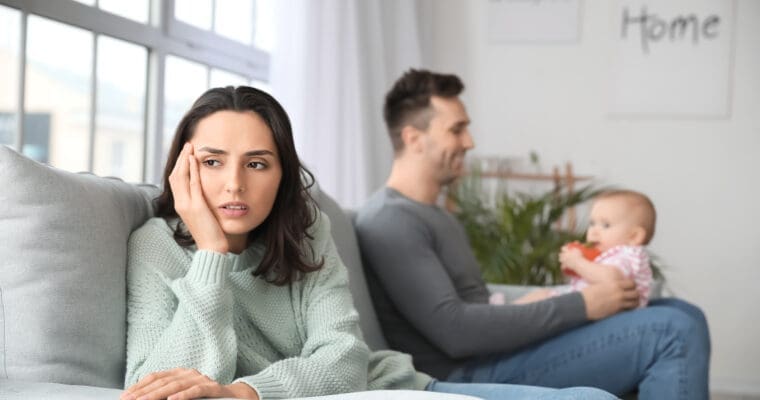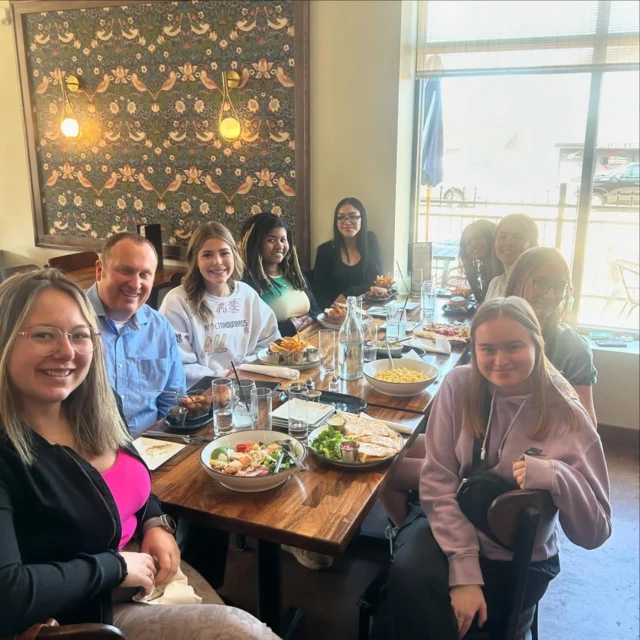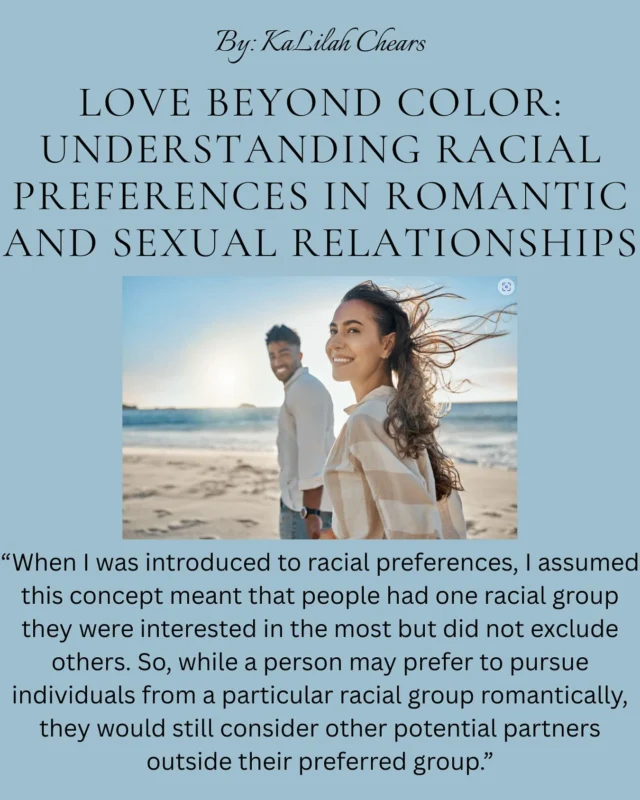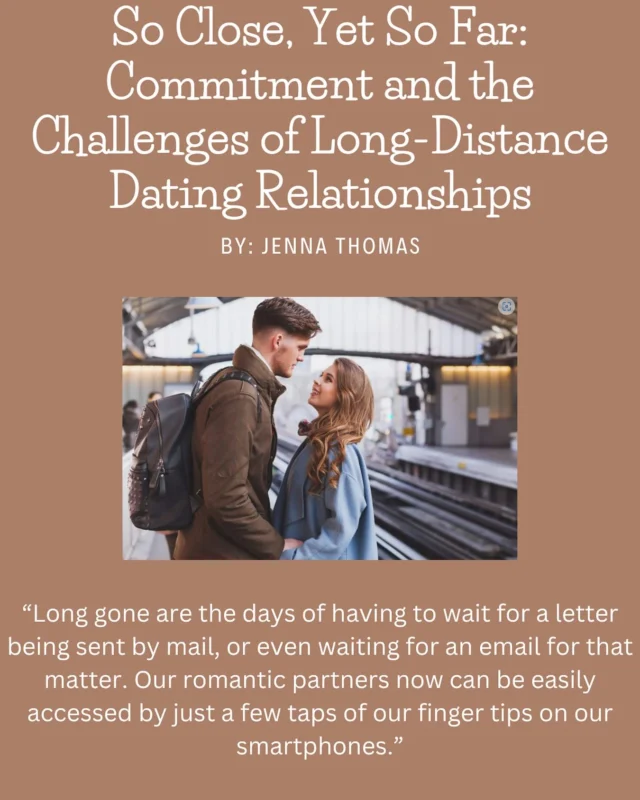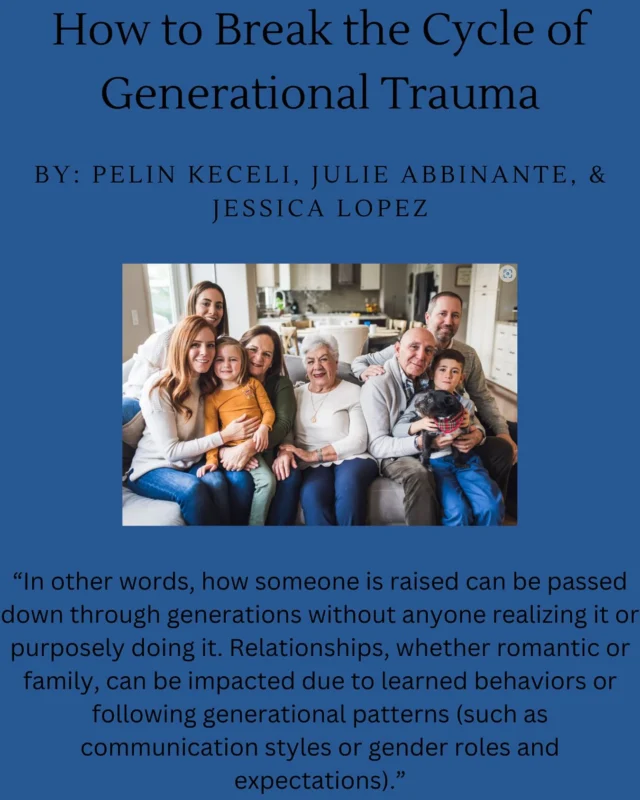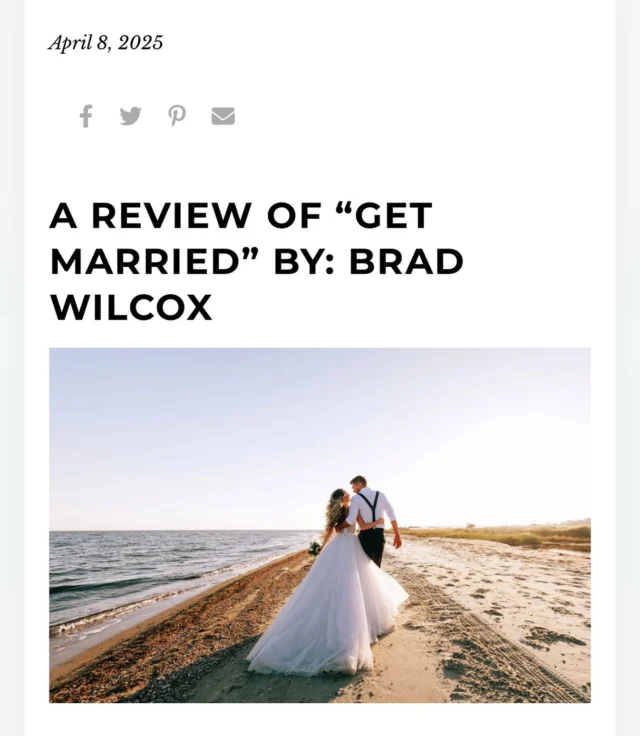Being in any kind of relationship with anxiety can be quite intimidating. But have you ever found yourself needing to tell your partner something super important, but you felt too nervous to tell them because you were worried they were going to see you differently or leave you? You feel like your relationship is so strong, but just the thought of that one phrase or sentence could just make everything fall apart? Or you think they won’t be able to understand what is going on in your mind? Despite all these feelings you may be having in your head, it is important that you feel like you can openly communicate with your partner.
I have personally experienced anxiety in a past romantic relationship. Even though breaking up was difficult, I’m very grateful that I had the courage to let go of that relationship. This was not a healthy relationship. As time has gone on I’ve realized I deserved much better in a relationship. I was doing the right thing in telling my partner how I was feeling with my anxiety. Unfortunately, his family decided to shut me out and have him break up with me over a simple concern. This is something I will not blame myself for. If anything, it not only made me realize that he was not the partner for me, but that I was a truly caring person even with having anxiety. A true caring and loving partner would have not let their family persuade their decisions, and they would have decided to take the time to talk and truly understand why I was feeling so anxious. Not just decide run away from the situation through a phone call breakup.
You might be wondering, how did I manage to stay so strong after my break up? Well, it’s pretty simple actually. I started taking care of myself and learning how to be independent again. Which I know can be easier said than done, but I grew up in a household where I was independent up until this relationship. So it wasn’t hard for me to be able to be by myself again. It wasn’t easy in the beginning by any means. I had actually lost over 13 pounds towards the end of my relationship and lost total love for myself. I got diagnosed with a second kidney disorder as well as a stomach disease. I also had a not so great relationship with my parents during that relationship. I felt like my whole world was crashing down around me and I felt the most alone I had ever felt in my life.
Now, I go to the gym 5 days a week and I started eating a lot healthier (I actually even cut dairy out of my diet!). It took me about a year, but I also looked into counseling. Where I am continually learning different ways to cope with my anxiety and PTSD (I highly recommend seeing a therapist or counselor if you ever get out of a relationship where your anxiety felt invalidated by a partner. It surely helped me a lot in my healing process). I decided to get more involved on my college campus and make new friends. Over time, I ultimately realized life still goes on, and not all guys out there are like my former partner. Sure, I still deal with some trauma from the relationship. But I learned taking the time to truly understand and love myself was really what I needed. I may have not gotten closure through a phone call that my former partner had with me during the breakup, but I sure did find the closure through myself. So, if you are someone who is struggling in your relationship due to anxiety, know you are not alone.
What is Anxious Attachment?
Attachment in romantic relationships relates to the safety, security, and trust you have with your partner. Secure attachment also provides reassurance that your partner is committed to you, and that they are not going to leave you or cheat on you. However, when you have anxious attachment this can lead to high levels of worry and concern about rejection from romantic partners and a hypervigilance to relationship threats. (Rodriguez et al., 2020). When I learned that my former partner was going to have a medical procedure that required donating an organ to a loved one, I was quite terrified. I was worried since I had the same disorder growing up related to what his love one had. I had only had traumatizing experiences with my disorder. When I tried to explain how anxious I felt, I felt there was a barrier between us. The way I was trying to communicate my anxiety and feelings to him about the situation was not being understood from his end. I constantly kept asking myself, “Am I overthinking this?” “Am I being too emotional?” “Is he going to walk away from me when I tell him how I am feeling?” Now looking back over a year since that break up, I learned that what I was feeling was actually completely normal in a relationship.
If you are feeling anxious about your relationship with your significant other, one of the best things you can do is express to your partner how you are feeling right when you start to feel anxiety. Start with a simple “Hey, I have been feeling really anxious about something and I want to talk to you.” Taking that first step of acknowledging to your partner that something is making you feel anxious in the relationship will make having the conversation a lot easier. Sadly, our partners can’t read our minds, so have the courage to talk to them if there is something you are concerned about in the relationship.
I know addressing my anxiety to my former partner was very hard for me. Any time I found myself trying to address my anxiety, he would shove it to the side and make his issues more important. This is not how you should have a conversation with someone with anxiety, you should always be there to listen your partner and reassure them things will be okay. Research indicates that ongoing positive support of the relationship from one’s own and one’s partner’s social networks is linked to feelings of love and commitment, relationship satisfaction, and relationship stability (Fiori et al., 2020).
How does the concept of attachment play a role in romantic relationships?
Unfortunately, being anxiously attached can potentially lead to unproductive or even damaging ways of coping. For instance a recent research study explored the role of alcohol use and attachment anxiety (Rodriguez et al., 2020). It is common for adults that have attachment anxiety to feel worried and concerned in their relationships that their significant other will leave them or reject them at a certain point in time. I remember in my past relationship I would constantly be saying “I love you” to my significant other and he would say “Why are you saying that in such a worried tone?”. I kept telling him I loved him because I didn’t know how to address the fact that I was worried about him leaving me. Back then I needed reassurance from my boyfriend, but I was not receiving it. This was my first relationship and I was feeling like I constantly was walking on eggshells. I was worried about if he was going to leave me if I tried to talk about certain things.
According to attachment theory, adults with higher attachment anxiety are uncertain about their partners’ love and intentions to remain in the relationship and often have unhealthy relationships (George et al., 2020). In my past relationship, this is exactly what I was feeling as I stated in the example above. It is okay to be feeling this way in your relationship, but you definitely shouldn’t hide it from your partner. In my case, whenever I did talk about my worries, my former partner would tell me I worried too much, or that I needed to “calm down.” The relationship in the beginning was a great relationship, but as time went on, I noticed more and more how I would let him address his worries, but he always said I was being “overdramatic” with mine. The only reason I found myself staying in the relationship with all the anxiety I had with it was because he would get me small presents here and there, open the door to the car for me, and call me on a daily basis. Which I slowly learned was only giving me the bare minimum for how he treated my mental problems.
The Fear of Change
One of the biggest reasons people decide to stay in a toxic or unsatisfied relationship is due to the fear of change. For me in my relationship, my biggest fear was not only the change, but the fear of being alone. Change was the hardest thing to adapt to since I was so used to having my significant other by my side 24/7. After my relationship ended, I wasn’t used to being fully independent, so I feared the unknown that was to come for me. “Was I going to have to go through a similar toxic relationship again?” “Would I ever be loved again?”
More anxious people are highly dependent in relationships, hence they may cling to the stability offered by even a mediocre relationship because they fear the outcomes that may arise by changing relationship status. (George et al., 2020) As I talked about earlier in my writing, I was worried about leaving my partner because of the fear of being alone and the fear of change. In the beginning it was weird to be alone after what was a 13 month long relationship. But I learned that the simple opening of car doors, buying me food, and every day phone calls were just asking the bare minimum of how I should be treated in a relationship with anxiety.
I have learned a lot about myself and what I want in a relationship ever since the breakup with my former partner over a year ago. If you decide to leave your relationship, one of the best things you can do yourself is up your self-care and take your time on hard mental health days. For me, ever since I have taken the time to focus more on myself and my mental health, I have seen a lot of improvements in my relationships with my family, friends, and my overall physical and mental health.
How Can We Reduce Anxiety in Relationships?
There are many different aspects we can look at for how we can limit the amount of anxiety in our relationships. One of the biggest things we can look into is the “Defining the Relationship” talk. The “DTR” talk is defined as a means of establishing the nature or status of a romantic relationship (Knopp et al., 2020). Having this talk with your partner early on in your relationship will lead to less confusion and anxiety about where your relationship stands. It is important to note though that the DTR talk does not assume your partners commitment level, but is more so a tool to communicate their intentions for the relationship (Knopp et al., 2020).
Several studies have proposed the importance behind the DTR talk. But, in a recent study done with young adults and adolescents, only 57% of participants said they had one or more DTR talks in their previous relationship (Knopp et al., 2020). Additionally, Stanley (2014) found that there are 3 reasons why people avoid having the DTR talk. The first reason being “It’s just too soon to have the talk”, the second reason being “Having the DTR talk takes some guts and skill”, and the third reason being “there are issues about commitment in one or both partners”. Stanley (2014) also defines commitment as having a willingness to commit to the future and have some identity as a couple. So the question remains, will I have anxiety in my next relationship? According to research, the answer points to yes, you more than likely encounter some kind of anxiety in all your relationships.
So if you are ever going through a situation where your partner doesn’t seem to understand you, no matter how hard you try to communicate, it is important to remember that you are your best advocate. You know what you can handle and what you cannot. For me, I really look back and don’t know how I lasted 13 months in my relationship. I honestly wish it ended sooner. But I think it is important to remember that every relationship, no matter what kind it is, is a learning experience. It is important to examine what in your relationship is triggering anxiety, but also how your partner reacts to when you try to discuss your needs and wants. If they can’t supply at least what you need in order to be comfortable in the relationship, then you need to reevaluate if that is the right relationship for you. If you are in a relationship where your partner is belittling you for expressing your feelings and concerns, you deserve to be treated so much better than that. You can take steps to reduce your anxiety in romantic relationships.
References
- Firori, K., Murphy, B., Stein, J., (2020). Network interference negatively predicts relationship quality and mental health in dating couples. Journal of Social, Behavioral, & Health Sciences. 14(1), 139-140.
- George, T., Hart, J., Rholes, S. (2020) Remaining in unhappy relationships: The roles of attachment anxiety and fear of change. Journal of Social, Behavioral, & Health Sciences. 37(5), 1627-1629.
- Knopp, K., Rhoades, G., Stanley, S., Markman, H., (2020) “Defining the relationship” in adolescent and young adult romantic relationships. Journal of Social and Personal Relationships. 37(7), 2079-2083.
- Rodriguez, L., Derrik, J., Guis, B., Leonard, K. (2020) A dyadic approach to attachment anxiety and avoidance, marital conflict, and drinking. Journal of Social, Behavioral, & Health Sciences. 37(8-9), 2388-2389.
- Rodriguez, L. Coy, A., Hadden, B. (2020) The attachment dynamic: Dyadic patterns of anxiety and avoidance in relationship functioning. Journal of Social, Behavioral, and Health Sciences. 20(10), 2-7.
- Stanley, S. (2014, August 7) Why People Avoid the Talk (DTR). Retrieved from: https://slidingvsdeciding.blogspot.com/2014/08/why-people-avoid-talk-dtr-part-1.html
Discover more from Decide To Commit
Subscribe to get the latest posts sent to your email.
